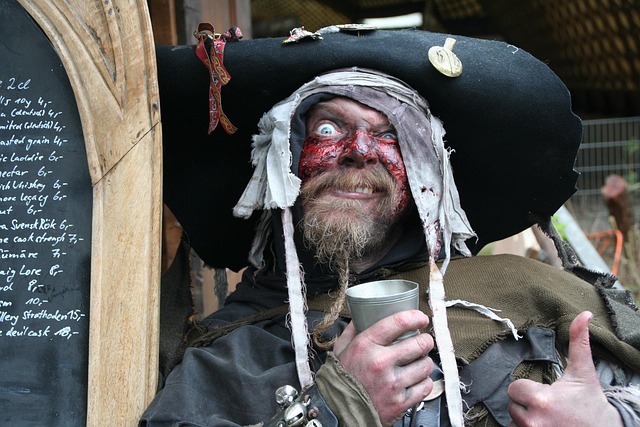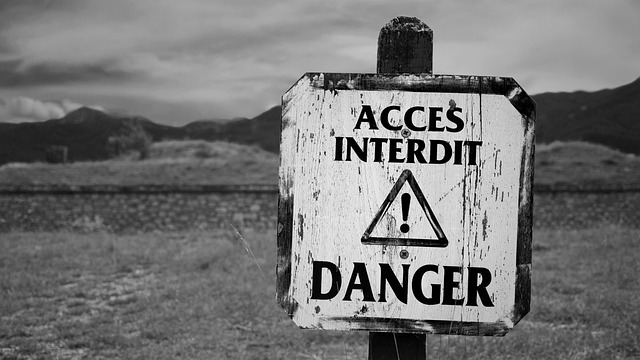History and Origin of the Guanches
The Guanches were the ancient inhabitants of the Canary Islands, particularly the island of Tenerife. They were indigenous Berber people who migrated from North Africa. The Guanches settled these islands in the recent past, probably between the first and second millennium BCE. Their origin is often linked to the Amazigh people from the Atlas mountains in Morocco. They lived in caves and makeshift homes, with agriculture and herding being their main activities.
Language and Culture of the Guanches
The Guanches spoke a language that is now extinct. Despite this, some of its features have survived in local place names. Their culture was relatively simple, based on traditional beliefs and orally transmitted art. Their skills in producing pottery and crafting with stone and bone are well-known. Their art and daily tasks confirm their creativity and adaptation to the harsh conditions of the islands.
Religion and Beliefs
The religion of the Guanches focused on nature cults and ancestral worship. They believed in life after death, as suggested by the manner in which they buried their dead. Much of the complexity of their religious beliefs remains a mystery, largely due to the lack of written records. Rituals and ceremonies were an integral part of Guanche life, reflected in the many worship sites scattered across the islands.
The End of the Guanche Civilization
The end of the Guanche civilization came with the Spanish colonization in the 15th century. The Spaniards, armed with advanced technologies and weapons, quickly conquered the islands. Those inhabitants not killed were integrated into the new society, and their culture was largely destroyed. Today, the descendants of the Guanches form part of the population of the Canary Islands, and their legacy is evident in certain aspects of the local culture.
Legacy of the Guanches
Although the Guanches were absorbed into the new culture, their legacy remains present. Archaeological studies provide valuable information about their lifestyle and achievements. The modern Canary Islands honor the memory of the ancient inhabitants through museums and historical reconstructions. Annual festivals and events commemorate their presence and add color to local traditions. Furthermore, the presence of words of Guanche origin in the modern Spanish language used on the islands is proof of their influence.



